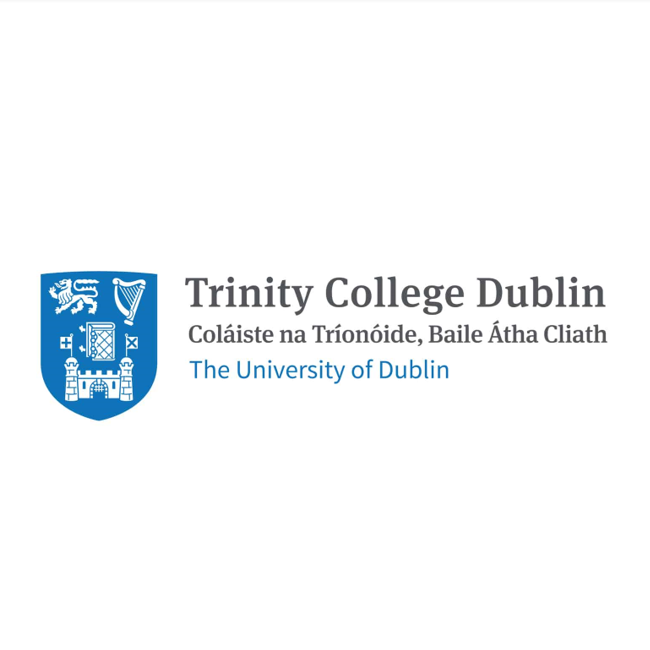Frailty and falls implantable system for prediction and prevention
FFallS Predictor is an implantable monitoring device that has proven that 28% of falls in older adults are directly attributable to modifiable heart rate and rhythm changes. This project will show that an implantable system can provide real time solutions for early falls detection and prevention.
Origins
Falls are the most common reason for older adults to attend emergency departments. New mechanisms are needed to monitor early risk factors: to advance prevention and management of these conditions; and to improve healthcare and support independent living. Implantable devices are new to this market and have limited capabilities. The FFallS predictor device will monitor a wide range of factors to create a better profile of what triggers a fall.
Team
- Professor Rose Ann Kenny, Professor of Medical Gerontology at Trinity College Dublin; Director of the Falls and Blackout Unit at St. James’s Hospital Dublin; Director of the Mercer’s Institute for Successful Ageing
- Dr Ann Hever, R&D Manager, The Irish Longitudinal Study on Ageing (TILDA), Trinity College Dublin
- Dr Mirko De Melis, Prinicpal Scientist, Medtronic
- Professor Rudi Westendorp, Professor of Medicine, Center of Healthy Ageing, University of Copenhagen
- Professor Karsten Vrangbæk, Professor of Political Science and Public Health and Director of Center for Health Economics and Policy, University of Copenhagen
The project
This project will seek to improve frailty and falls prediction by further developing an implantable monitoring device.
Each year, one in every three adults age 65 and older falls, mostly at home. Falls are the most preventable cause of requiring admission to care facilities. If preventive measures are not taken in the immediate future, the numbers of injuries caused by falls is projected to be 100% higher in the year 2030, with costs projected to reach over $240 billion by year 2040.
This project will mature and refine untapped capabilities (such as posture and gait assessment) of an implantable monitoring device for detection of frailty and falls risk, and compare it to standard clinical assessments. Project partners will develop clinical algorithms to help manage, treat and prevent frailty and falls. The device will be made available in the market to improve healthcare monitoring systems and improve understanding of the triggers associated with falls.
Trinity has collaborated successfully with Medtronic since 1999. Trinity runs the largest falls and syncope facility in Europe; Medtronic is the worldwide leader in implantable medical devices; the University of Copenhagen is renowned for health economics expertise.
Impact
Falls and frailty carry a significant healthcare and social care cost, and significantly impact on quality of life and independent living. By providing an improved system for monitoring early risk factors for falls and frailty, this project will advance treatment and management of these conditions, thereby preventing loss of function, improve quality of life, and supporting active ageing and independent living. Patients, their families, the healthcare system and society will benefit.
Why this is an EIT Health Project
This project is in keeping with the EIT Health Focus Area of “Improving Care Pathways” because it promises to help people who may be susceptible to falls to avoid them, thereby improving their chances of staying healthy. It is also in keeping with the Focus Area of “Bringing Care Home”, because it offers a solution for monitoring patients in their home, and it is in line with the general EIT Health mission of promoting active ageing.
Members

CLC/InnoStars: UK-Ireland
Partner classification: Education, Research
Trinity College Dublin is Ireland's leading University and has a number of activities relevant for EIT Health: School of Nursing & Midwifery, with a focus on Ageing & Intellectual Disability, Mental Health, Population & Community Health and Improving Health & Wellbeing of Women, Children & Families; Trinity Centre for Practice & Healthcare Innovation; Bioengineering & Advanced Materials: Trinity College Institute for Neuroscience & Global Brain Health Institute; TILDA - Irish longitudinal ageing study; School of Computer Sciences & Statistics with expertise in AI, digital content technology, augmented reality and statistics & data science; Learnovate: Innovation in EdTech and learning technology; ADAPT: Digital content and media innovation; Tangent, Trinity's Ideas Workspace: innovation and entrepreneurship education and start-up support; Trinity Business School Centre for Social Innovation; Science Gallery.
Trinity College Dublin
Trinity College Dublin, College Green, Dublin, Ireland
Key Activities in Research and Developement
Other research, Biomedical engineering, Life Sciences, Clinical research
Key Activities in Corporate Innovation
Med Tech, ICT
Key Activities in Social Innovation
Healthcare provision
Key Activities in Business Creation
incubation, Technology Transfer, Business coaching
Key Activities in Education
Business Schools, Entrepreneurship training, Technical faculties, Medical faculties, Healthcare professional education/training


CLC/InnoStars: Scandinavia
Partner classification: Education, Research
Partner type: Associate Partner
With over 40,000 students and more than 9,500 employees, UCPH – founded 1479 – is among the largest comprehensive universities in Europe. It is ranked No. 7 in Europe and no. 39 in the world in the Academic Ranking of World Universities 2015. The University has an international environment where ambitious researchers and students strive for new knowledge and insights. UCPH is placed at the centre of a stimulation entrepreneurial ecosystem in the Greater Copenhagen Area.
University of Copenhagen (UCPH)
University of Copenhagen (UCPH), Nørregade 10, 1165 Copenhagen K
Key Activities in Corporate Innovation
Pharma, Med Tech, ICT, Diagnostics, Imaging, Nutrition
Key Activities in Social Innovation
Healthcare provision
Key Activities in Business Creation
Testing & Validation
Key Activities in Education
Entrepreneurship training, Medical faculties, Healthcare professional education/training
